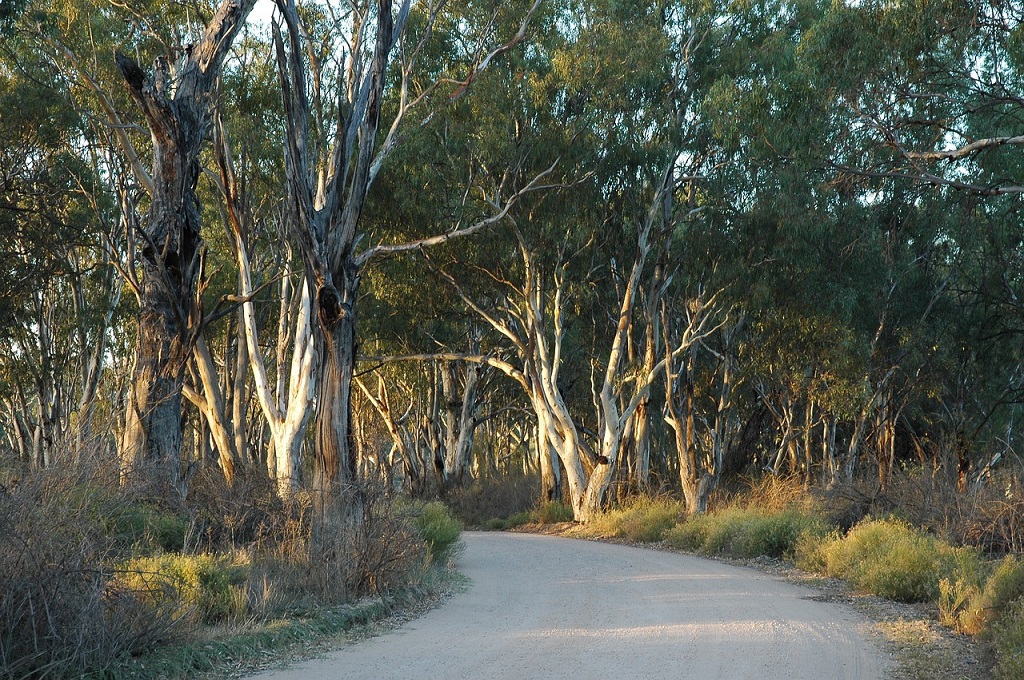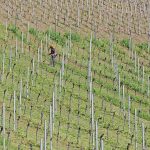The New Zealand Ministry for Primary Industries (MPI) is backing a new Marlborough-based study to evaluate how hardwood forests could boost sustainability and reduce greenhouse gas emissions in the region’s wine industry.
MPI’s director of investment programmes Steve Penno said hardwood eucalypt forests could provide an important alternative land-use in the region, and natural carbon storage options.
“The study, led by NZ Dryland Forests Initiative (NZDFI) and based at the Marlborough Research Centre (MRC), will evaluate the potential for new eucalypt forests to sustainably supply naturally durable posts, timber and biomass for bioenergy for Marlborough’s wine industry and other local industries,” said Penno.
Project manager Paul Millen notes that certain eucalypt species are fast growing, drought tolerant, and produce strong, dense and naturally durable hardwood, which can be used outdoors without chemical treatment.
“Untreated eucalypt timber posts in vineyards can last more than 20 years in the ground without contaminating the soil,” Millen said.
“The eucalypt posts can be reused or recycled afterwards, unlike the treated radiata pine ones used currently, which represents a huge opportunity to enhance environmental outcomes in Marlborough, and is aligned with the objectives of the NZ Wine Centre, also based at the MRC.”
NZDFI will receive NZ$262,300 towards the research through the Ministry for Primary Industries’ sustainable land management and climate change fund. Marlborough Research Centre Trust will contribute $10,000 and the University of Canterbury’s School of Forestry and 4 local landowners will provide $115,500 in-kind.
“Marlborough landowners have had a tough time in the past year, with the 2 extremes of droughts and floods hitting the region,” said Penno.
“Planting eucalypt forests on less productive land could provide an alternative land-use option and help the resilience of local landowners. It would also diversify New Zealand’s wood supply for future generations.”
The project will develop models to show biomass accumulation and carbon storage for 2 key eucalypt species. It will assess these trees, including using innovative Light Detection and Ranging (LiDAR) drone technology to measure their biomass and carbon storage capabilities.
It will also develop a business case to demonstrate how a 5,000-hectare durable eucalypt forest resource in Marlborough could offset emissions.
“Marlborough vineyards alone span more than 30,000 hectares, containing more than 18 million posts predominately made from treated radiata pine,” said Millen.
“Planting eucalypts could boost sequestration, and provide a sustainable regional supply of naturally durable posts and other timber, as well as biomass to supply solid biofuel to the wine sector.
“The project will provide a market and science-based pathway for eucalypt trees that gives confidence to develop this new forestry system in Marlborough.
“It also has potential to generate new investment and jobs in the regional forestry supply chain.”
Penno said NZDFI has identified several regions where eucalypt forests could also be grown successfully.
“The model developed by this new study has the potential to apply to other regions, mostly in the North Island,” he said.
“This study will help to pave the way as we transition towards a low emissions future, and if successful, provide important environmental benefits, while helping our rural economies.”
Are you a Daily Wine News subscriber? If not, click here to join our mailing list. It’s free!
















